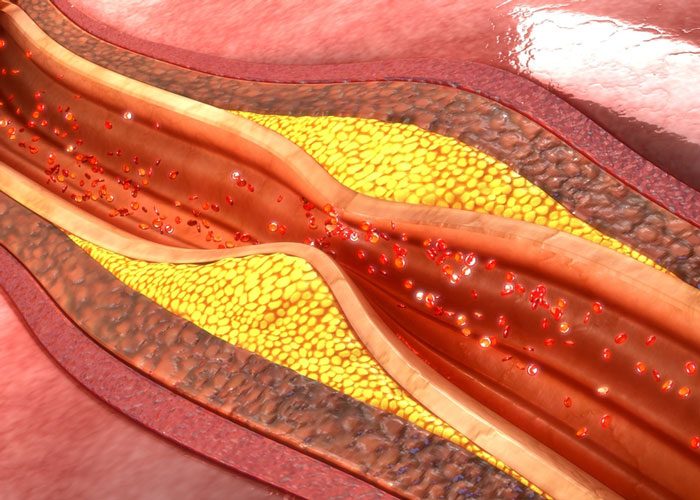What you need to know about Coronary Artery Disease (CAD)
Contents
- 1 What you need to know about Coronary Artery Disease (CAD)
- 2 What Does the Procedure Involve?
- 3 How Long Should You Stay at the Destination?
- 4 How Long is the Recovery Time?
- 5 What Aftercare Should You Consider?
- 6 What is the Success Rate for Coronary Artery Disease (CAD) Treatment?
- 7 Are there Alternatives to Coronary Artery Disease (CAD) Treatment?
- 8 What Should You Expect Before and After the Procedure?
Coronary artery disease (CAD) or coronary heart disease (CHD) is a serious condition in which the blood flow in the arteries that supply oxygen-rich blood (coronary artery) to the heart is impaired due to a buildup of plaque. Treatment for CAD may involve medication and certain surgery, such as coronary artery bypass surgery, angioplasty, and stent placement.

What Does the Procedure Involve?
Most of the time, CAD needs to be treated with surgery. There are three surgical options to treat CAD: angioplasty (inserting a catheter with a balloon on the tip to compress the deposits against the artery walls), stent placement (placing a stent in the artery to keep it open), and coronary artery bypass surgery or CABG (creating a graft to bypass the blocked coronary arteries using a vessel from other parts of the body). In general, each of the surgery is done under a general anesthetic.
How Long Should You Stay at the Destination?
You will need to stay in the hospital for about 2 to 7 days following the surgery. Because you are not allowed to travel straight after you have been discharged from the hospital, plan to stay in the country for 14 days. During your stay, you are required to attend follow-up checkups where your doctor removes your stitches.
How Long is the Recovery Time?
The recovery time can vary depending on your general health before the surgery and the type of surgery you underwent. With angioplasty and stent placement, you should be able to gradually return to your regular activities within a week. With coronary artery bypass graft, it may take up to twelve weeks until you can get back to your normal activities, but you should be able to return to work within 6 weeks.
What Aftercare Should You Consider?
You may need to attend regular medical checkups and participate in cardiac rehabilitation. Even after you have recovered, you may need to take one or more medicines. Your doctor will give you an exercise program, restrictions, and a diet plan, make sure you follow the instructions. Remember that having a healthy lifestyle is very important, so avoid smoking, exercise regularly, have a well-balanced and heart-healthy diet, and limit your alcohol intake.
What is the Success Rate for Coronary Artery Disease (CAD) Treatment?
CAD treatment is common, generally safe, and highly successful. However, there are some side effects and risks, which include chest pain, swelling, bleeding, and blood clots, re-narrowing of the artery, wound infection, irregular heartbeat, kidney failure, breathing problems, pneumonia, pancreatitis, stroke, coronary artery damage, heart attack, and death.
Are there Alternatives to Coronary Artery Disease (CAD) Treatment?
There are currently no other alternatives than the treatments above. However, doctors are studying innovative ways to treat CAD, such as angiogenesis and EECP (enhanced external counterpulsation). Always discuss with your doctor about the best option to treat your specific case.
What Should You Expect Before and After the Procedure?
CAD is a very serious condition as well as one of the leading causes of death in the world. This disease causes painful symptoms and can develop into more serious conditions, such as heart failure and heart attack. After coronary artery disease treatment, you have a higher chance of avoiding extensive damage to your heart and any symptoms you felt before should be relieved.
For an in-depth analysis of a Coronary Artery Disease (CAD) Treatment, watch this short video.
To check prices or to book a Coronary Artery Disease (CAD) Treatment Procedure in Thailand or anywhere else in the world, head on over to MyMediTravel now!

